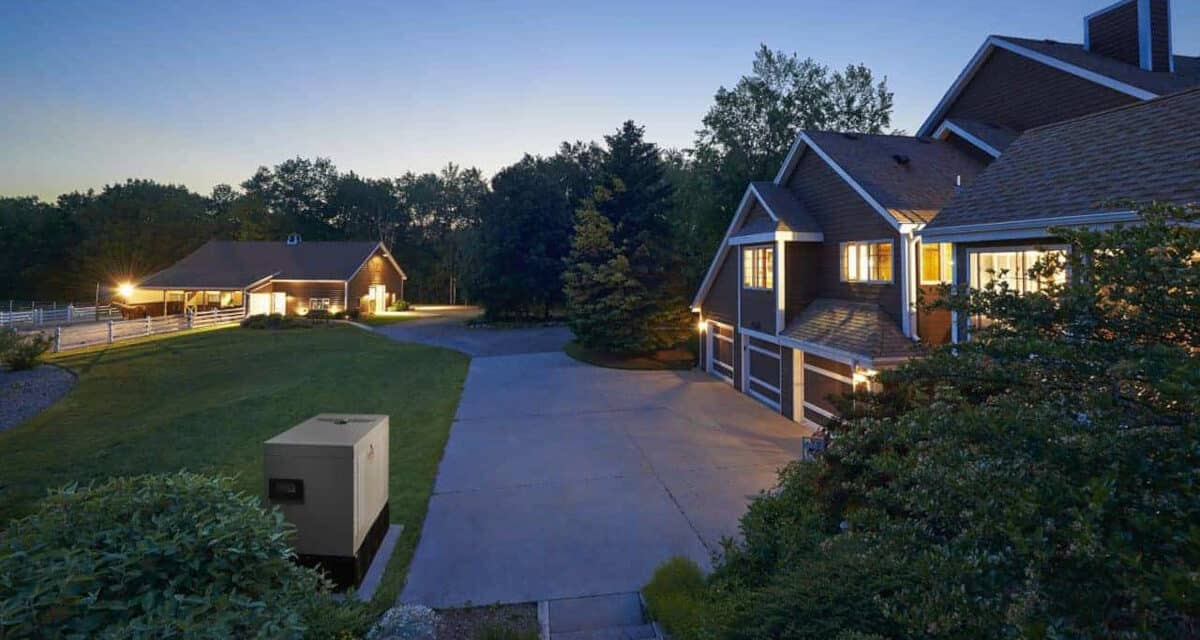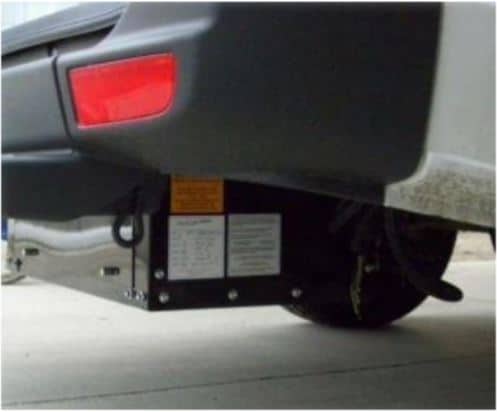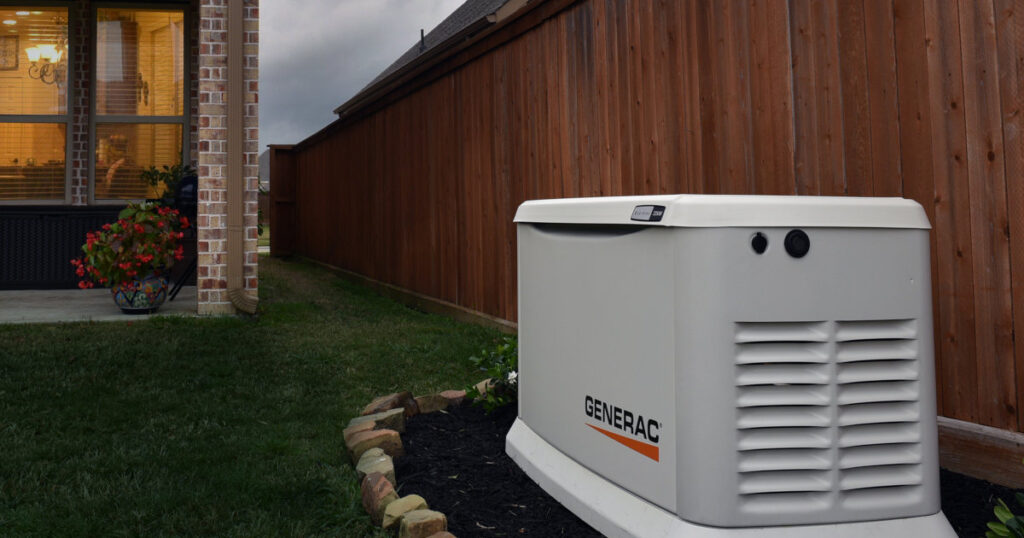In a world where the price of fuel changes with the economy, finding a cost-effective fuel for your generator is of great importance. After all, when the power goes out, you can never be sure how long until it comes back on. Thanks to Mr. Rudolph Diesel, his invention of the diesel engine has proved to be the perfect solution.
As you may know, diesel fuel was once priced quite higher than gasoline but also had a higher energy density allowing more energy to be extracted compared to the same amount of gas consumption. Diesel is simply more efficient, but the price always got in the way of diesel becoming popular. However, when gasoline prices go through the roof, diesel remains competitive and sometimes lower in price than traditional gasoline. The prohibitive cost of diesel was its primary drawback, and since then it has caught on like wildfire.
Diesel engines ultimately provide higher mileage, making it a great choice for equipment or heavy transportation. Diesel is a heavier and oilier petroleum product compared to gasoline and has a higher boiling point than water. Diesel engines are highly efficient and cost effective.

Business Owners in Areas with Frequent Power Outages Adapt by Installing Standby Generators
Standby Diesel Generator Advantages
The price of fuel is only one consideration. Fuel availability is another. Not every location has natural gas, and some places are difficult for a propane delivery truck to reach. Diesel Generators are an inherently simpler design than gasoline or gaseous fuels like natural gas or LP Propane. There’s no spark plug or spark plug timing to adjust and the fuel burns cooler. A diesel generator may provide 30,000 to 50,000 hours of service before it needs an overhaul, and then its good for another 30,000 to 50,000 hours.
Other advantages of the diesel engine include:
- Diesel Generators are quieter, have lower maintenance costs, and meet EPA and California Air Quality standards.
- No spark plugs or spark plug wires, lowers maintenance costs.
- The cost per Kilowatt is 30%-50% lower than gas engines.
- An 1800 rpm water-cooled diesel generator unit operates 2-3 times longer than a water cooled gas unit.
- Gas burns hotter than diesel and shortens the life of the engine.
- Diesel Generators have a reputation for longevity and reliability.
The Generac Protector Standby Diesel Generator Advantage
How a Standby Diesel Generator Engine Works
A Diesel Generator Engine uses a different ignition process than a gasoline or gaseous engine. Gasoline engines ignite their fuel with a spark. Diesel generator engines draw air into the cylinder on the intake stroke as the piston moves down the cylinder. The valve closes and the piston moves up the cylinder which compresses the air at the top of the cylinder and heats it above the flash point for diesel. As it nears the top, A fuel injector sprays a specific amount of diesel fuel into the cylinder. The hot compressed air heats the fuel to the combustion point. The fuel-air mixture combusts and expands as it drive the piston for the power stroke.
In a gasoline engine, a mixture of air and gas are infused into the engine at once and are compressed, but not as much as a diesel. A diesel generator engine compresses air at a ratio of 14:1 up to 25:1. Gasoline engine compression averages 8:1 and 12:1. The way the fuel enters the engine is also different. Fuel is shot into the diesel engine using an injector. A carburetor is used for many gasoline engines. Some generator manufacturers have begun to use gasoline fuel injection as a carburetor replacement.
Diesel engines come in two-cycle or four-cycle. The preferred cycle is chosen based on the mode of operation. You then have the choice of air-cooled or liquid-cooled engines. Liquid-cooled is often preferred as it is quiet while in use and has evenly controlled temperatures.
Diesel engines are most commonly used in mobile drives, mechanical engines, and power generators. You will often find them in locomotives, construction equipment, transportation vehicles and numerous industrial machines. You will almost be guaranteed to find a diesel engine by looking under the hood of any industrial vehicle.
But the benefit of utilizing diesel for the purposes of residential power generation or any other occasion in which you do not have access to normal grid power, has been made clear.












